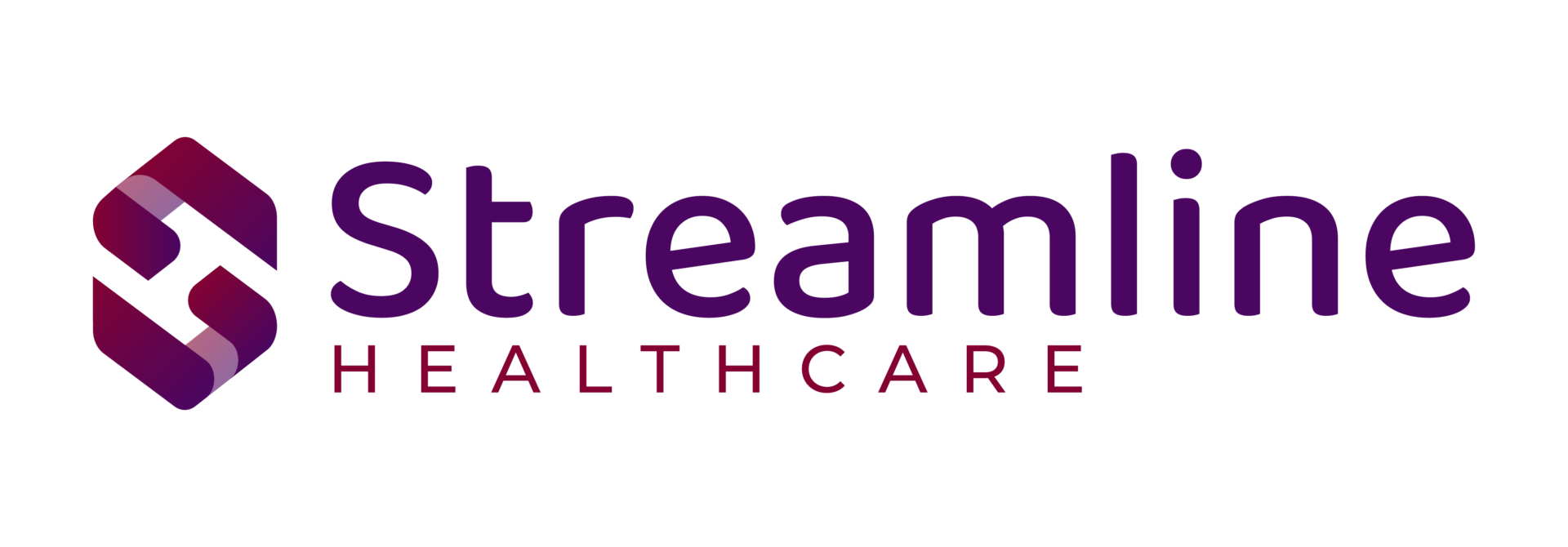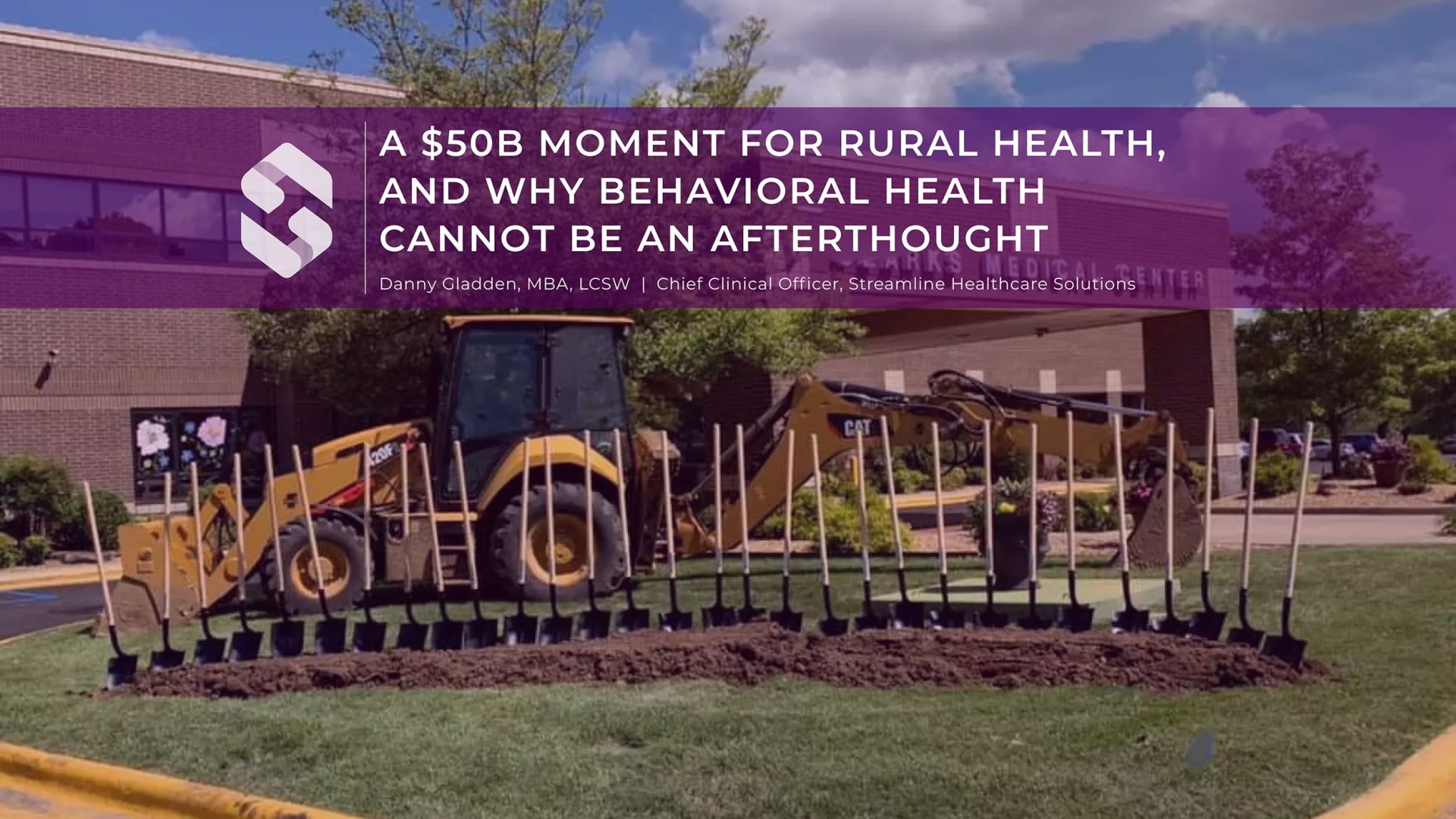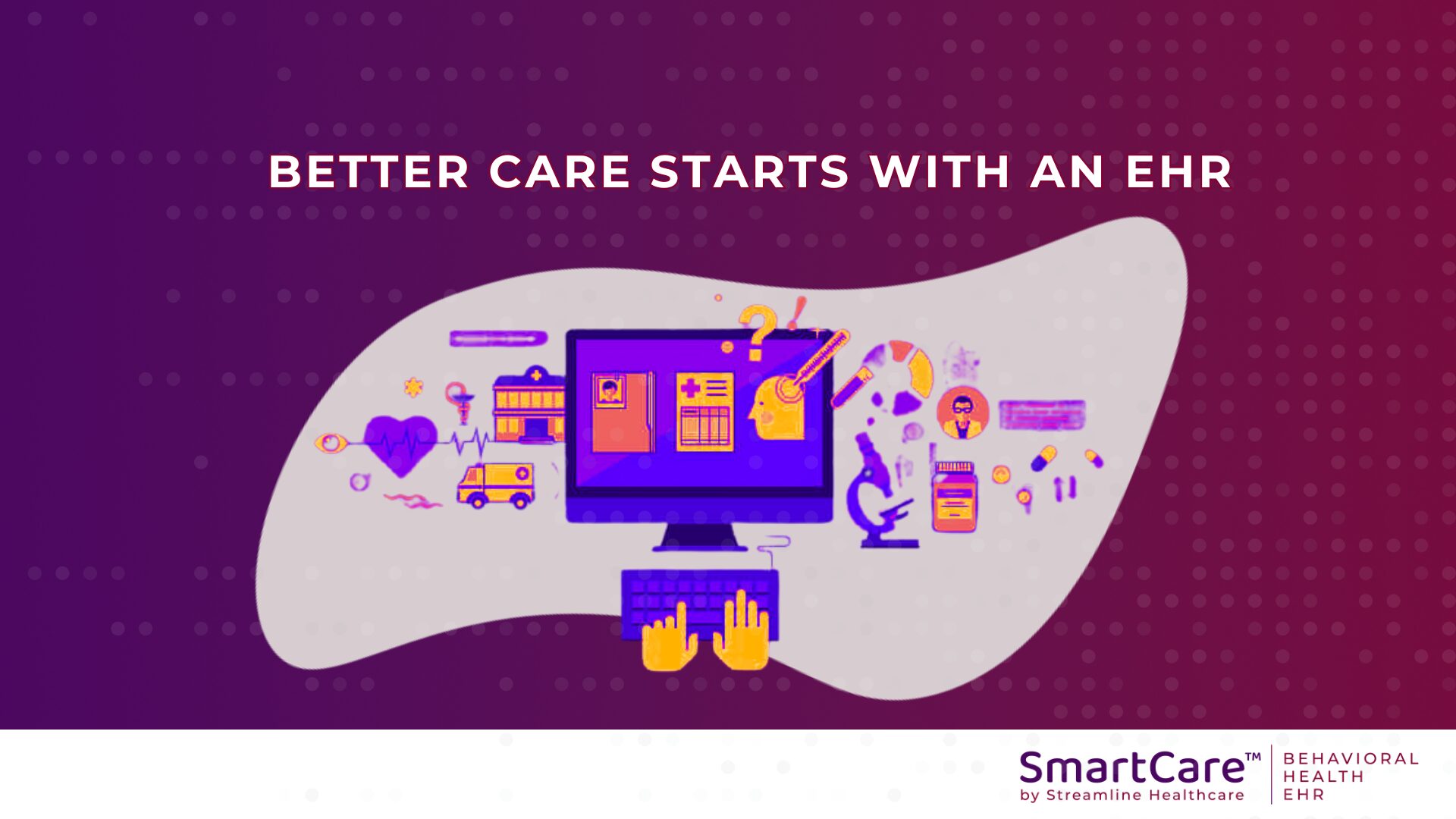Opportunities and Challenges for CCBHCs
CCBHC Grant Funding Increase Announcement
In March 2022, the US government announced a significant increase in grant funding for Certified Community Behavioral Health Clinics (CCBHCs), organizations designed to provide a comprehensive range of mental health and substance use disorder services to vulnerable individuals.
The CCBHC demonstration program launched in 2017 with 66 clinics across eight demonstration states. As of early 2022, there were 430 CCBHCs in 42 states.
The tremendous growth underscores how attractive the CCBHC mission and model are to behavioral health and human services providers, but becoming and operating as a CCBHC has its challenges, including requirements that can differ from state to state.
CCBHC Model Offers Behavioral Health Providers Opportunities and Challenges
Following are highlights from a recent Streamline Healthcare Solutions webinar on the potential and challenges the CCBHC model presents to provider organizations, delivered by Streamline’s Vice President of Compliance, Katie Morrow, who advises Streamline’s CCBHC customers.
Key Challenges CCBHCs Face
- Partnering with DCOs. CCBHCs must directly provide or contract with partners to provide nine types of services. Most providers can’t provide all services themselves, so they must forge partnerships with designated collaborating organizations (DCOs).
- Measuring Quality. CCBHCs are required to collect and report on over 20 clinical quality measures (CQMs).
- Adapting to a PPS Model. Under the CCBHC model, providers are paid a Medicaid rate inclusive of their anticipated costs of expanding service lines and serving new consumers, or prospective payment system (PPS). Providers need to ensure their PPS reimbursements are adequate.
- Planning for the Long-Term. While the government’s announcement of an estimated $312 million in additional CCBHC grant funding over four years is welcome, the grants have a limited timeframe, and providers need to have a plan to be sustainable over the long term.
How Providers Can Address the Challenges
- Partnering with DCOs. Providers need to build out processes and workflows to manage referrals to DCOs; authorize and track the services the DCOs provide; and manage DCO costs, reimbursement requirements, and billing.
- Measuring Quality. Providers need to fully understand each Clinical Quality Measure (CQM), including client age-specific requirements, which services count as an encounter for each measure, and the timeframes related to each measure. They need to develop workflows with data collection for the CQMs built into the workflow.
- Adapting to a PPS Model. Providers need to be able to develop a cost of services that includes service costs, administrative costs, and DCO costs if applicable. They need to be able to track costs of services vs PPS reimbursements to see if the PPS model is sustainable or needs to be changed.
- Planning for the Long-Term. In planning for the long-term. Providers need to structure the CCBHC in a way that is sustainable when grant money is no longer available. This includes going beyond current grant funding and startup costs and modeling ongoing costs and future revenue sources that can replace grants.
Streamline and SmartCare™
Streamline Healthcare Solutions’ SmartCare™ is a true enterprise EHR platform that enables behavioral health and human services organizations to meet CCBHC requirements. Among other things, SmartCare™ provides organizations with:
- A high degree of interoperability on a single, Enterprise platform, including the ability for direct data entry by Designated Collaborating Organizations (DCOs).
- Workflows that capture the CCBHC-required clinical measures for reporting as well as state-level measures, plus the capability to assess, stratify and define quality metrics—all built into the core platform.
- Intelligent and flexible Revenue Cycle Management capabilities to help organizations generate, track, manage, and analyze their billing and financial information seamlessly across a variety of reimbursement methods and service and program types, including CCBHCs.




